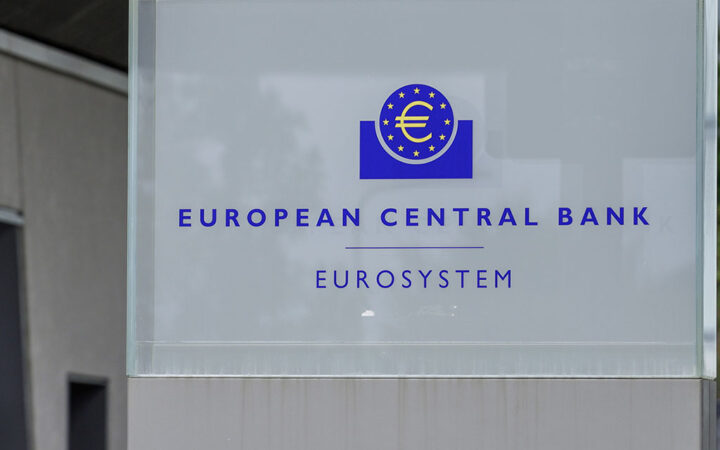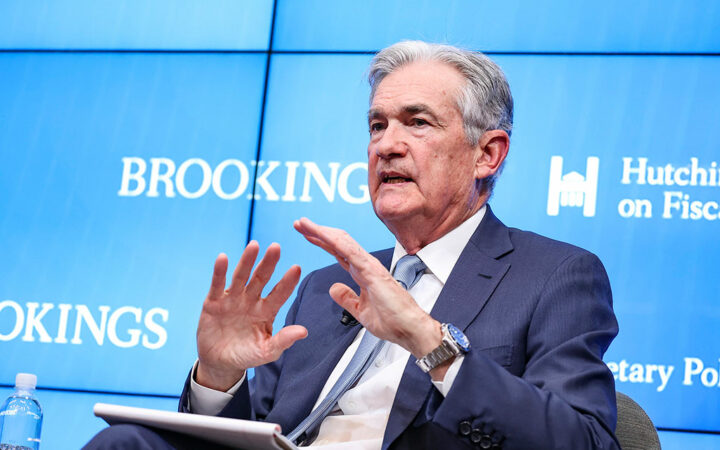
Mercy Mutanya is a Tech enthusiast, Digital Marketer, Writer and IT Business Management Student. She enjoys reading, writing, doing crosswords and binge-watching her favourite TV series.
The ECB is set to decide in October whether to continue its CBDC research with a “realization phase.”
 Edited by Julia Sakovich
Updated
3 mins read
Edited by Julia Sakovich
Updated
3 mins read

A report authored by European economist Ignazio Angeloni has recommended conducting research on a digital euro, but not launching the central bank digital currency (CBDC). In the paper titled “Digital Euro: When in doubt, abstain (but be prepared),” Angeloni addresses ten issues a “prospective digital euro” (PDE) would face.
The report was released by the European Parliament’s Committee on Economic and Monetary Affairs and authored by Angeloni at the request of the parliamentary committee to aid in appraising preparation being made for the launch of a digital euro.
The economist noted that a digital euro would have unprecedented effects for the ECB. A digital currency for the bloc would create competition for deposits between the European Central Bank (ECB) and commercial banks, even as banks would oversee all front-end functions for its distribution.
“This generates potentially adverse incentives and warrants a well-designed compensation structure for the services provided by banks. The ECB reports give no information on this.”
An ideal digital euro situation, according to Angeloni would be one where the asset is appealing enough to have a customer base but not so attractive as to compromise the banking system:
“A critical and unique feature of the PDE project is that it should be neither too successful nor too little successful. If it is too successful, it may dislocate an excessive amount of bank intermediation with undesirable and even dangerous consequences for the monetary policy and for financial stability […] If it is too little successful, perhaps because the market rejects it as hypothesised earlier, then the ECB will suffer a waste of resources and will be exposed to reputational damage. Attaining the desirable middle ground is a major difficulty and risk factor behind the whole project.”
Additionally, in a case where the digital euro pays interest, it would have to be managed independently of cash interest rates, which has the potential to promote arbitrage operations.
Angeloni ended the report with a quote from the United States Federal Reserve Board Governor Christopher Waller who referred to CBDC as “a solution in search of a problem.” The ECB is set to decide in October whether to continue its CBDC research with a “realization phase.” Angeloni proposes that the central bank continue its research and perhaps even go ahead with testing in October but hold off on launching a digital euro “unless new elements emerge in the future […] in favor of such step”.
Disclaimer: Coinspeaker is committed to providing unbiased and transparent reporting. This article aims to deliver accurate and timely information but should not be taken as financial or investment advice. Since market conditions can change rapidly, we encourage you to verify information on your own and consult with a professional before making any decisions based on this content.

Mercy Mutanya is a Tech enthusiast, Digital Marketer, Writer and IT Business Management Student. She enjoys reading, writing, doing crosswords and binge-watching her favourite TV series.





